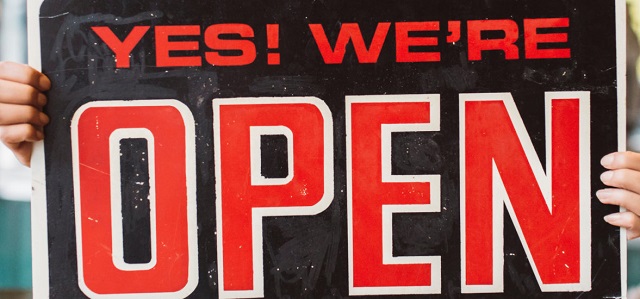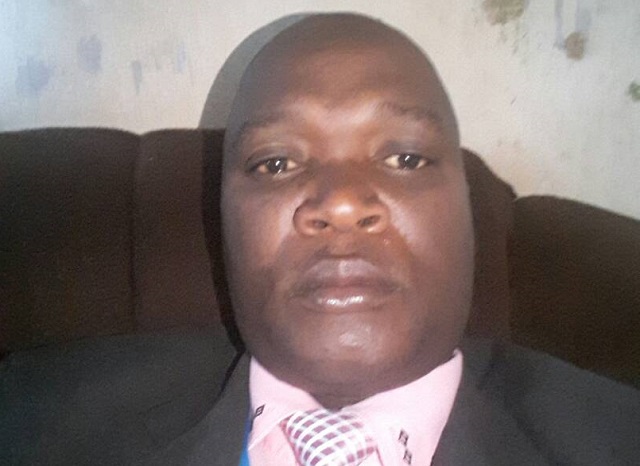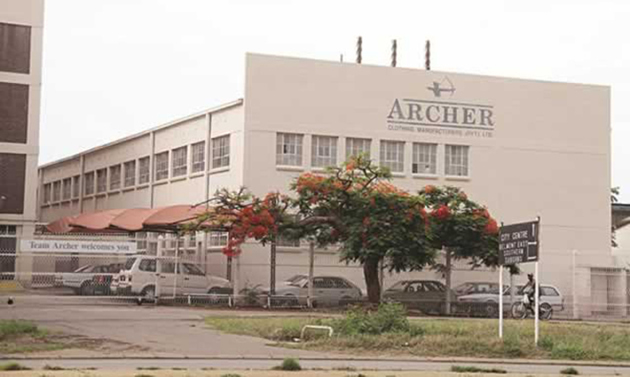EDITORIAL COMMENT: Time for Africa to intensify fight for economic freedom

On Friday, Zimbabwe will join 54 other nations on the continent in marking the 55th anniversary of Africa Day.
This is a momentous occasion for Africa and was set aside for Africans to commemorate the founding of the Organisation of African Unity (OAU) on May 25, 1963, in Addis Ababa, Ethiopia. Then, 32 African states that had achieved independence from colonial rule agreed to establish the OAU to help build greater unity across the continent and help those that were still colonised to also gain freedom. Twenty-one more joined the continental union and when the OAU was dissolved in 2002 and replaced by the African Union, its membership had grown to 53.
Among the founding fathers of the OAU are Dr Kwame Nkrumah of Ghana, Modibo Keita of Mali, Gamal Abdul Nasser of Egypt, Sekou Touré of Guinea, Julius Nyerere of Tanzania, Ben Bella of Algeria, Emperor Haile Selasse of Ethiopia, William Tubman of Liberia, Abubakar Tafawa Balewa of Nigeria, Nnamdi Azikiwe of Nigeria, Jomo Kenyatta of Kenya. They had a vision of a free Africa, liberated from the agony of colonial bondage. They envisioned an economically prosperous continent in which unity flourished across national bounders.
The past 55 years have been filled with a number of setbacks and as many successes. The greatest achievement is that all the countries in Africa are now free from colonial bondage except one, Saharawi Republic which is a colony of neighbouring Morocco. Ghana under Dr Nkrumah started the journey for the OAU when it achieved independence on May 6, 1957, and the last to achieve that was South Sudan on July 9, 2011. It is a shame that a fellow African country is actually fighting to continue its colonial stranglehold on another so long after the gospel of independence was initiated and after so many have won their freedom and independence.
A special envoy from the Saharawi Republic Mr Ouldsalek Salem was in Harare yesterday for a meeting with President Mnangagwa. He reiterated the demands for Morocco to set his country free.
“The Zimbabwe President is very supportive of that quest for the people of Western Sahara,” he said. “Polisario Front and Zanu-PF have had a long story of cooperation and we have been fighting together colonialism and apartheid and racism. We look forward to strengthen the relationship between the two countries and the two governments.
“We have historical relations with Zimbabwe. President Brahim Ghali sent me to see President Mnangagwa to tell him about the latest developments on the conflict between our country the Saharawi Republic and Morocco. Zimbabwe’s stand is very well known and Zimbabwe’s position is exactly the same as that of the African Union because the African Union asked Morocco to respect her own borders and the borders of her own neighbours and we appeal to the African Union and the United Nations to put pressure on Morocco to end its illegal occupation of our country. Zimbabwe, as the majority of African countries, is very supportive of that because this is a matter of principle, a matter of dignity for Africa. Colonialism era must be ended and we think that Morocco must cooperate with the African Union and the United Nations that the people of Western Sahara have the right for self-determination and independence.”
We are with the people of the Saharawi Republic in their struggle for self rule and agree with Mr Salem that more pressure must be brought to bear on Morocco to do the needful and honourable.
With the continent now basically free from colonial domination, leaders took a decision in 2001 to refocus and rename the OAU. The new body, the African Union, was established on 26 May 2001 in Addis Ababa and launched on 9 July 2002 in South Africa. The agenda remains political, yes, but is more on the economic side.
Putting economics at the centre of the new thrust is critical as the mother continent is still under colonial domination economically. Former colonial masters might have left, some after losing bitter, protracted liberation wars, others through negotiations but they still hold sway economically over their former colonies. Britain, France, Germany, Portugal and other European powers remain key points of reference for African nations they once ruled. Trade relations between them obviously favour the former masters. The architecture of their relations is built in such a way that African countries always produce and sell raw materials to Europeans who process them and sell them back to Africa at higher prices.
We don’t blame the former colonisers per se on this but implore the African people to fight for economic freedom and independence as valiantly as they fought for political freedom from the 1950s to 2011. The contemporary phase of the struggle is as difficult as the past political phase as those who are benefiting from the lopsided economic structure will not let go without a fight.











Comments